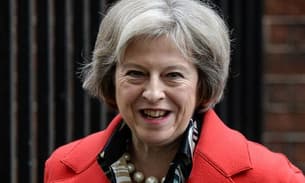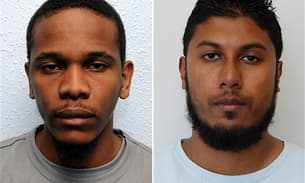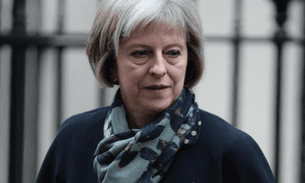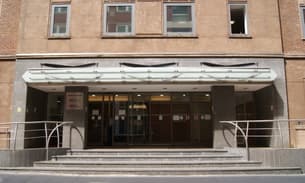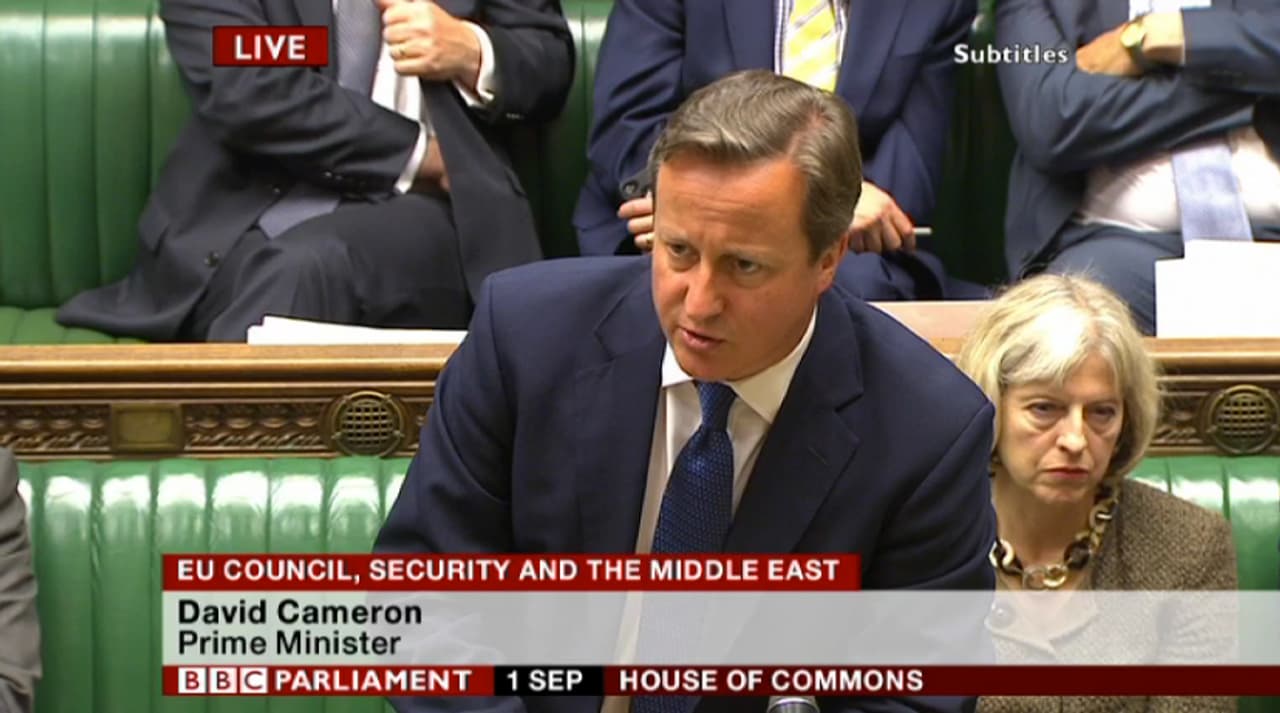
Coalition to propose new powers to stop citizens returning to UK
David Cameron speaking today in the House of Commons (BBC Parliament via BBC iPlayer, see the original clip here)
The Coalition will be proposing new discretionary powers to exclude British terror suspects from the UK, David Cameron announced today.
In a wide ranging Commons statement responding to crises in Ukraine and the Middle East as well as an increased terror threat at home, the prime minister also unveiled plans to give border police temporary powers to seize the passports of those who they suspect are travelling abroad to fight with terrorist groups.
The home secretary currently has the power to revoke the passports of British citizens under the royal prerogative. In a move designed to thwart current court challenges to these powers, Cameron said that primary legislation would be prepared and Parliament consulted on draft clauses so that Parliament, rather than the courts, will determine whether the home secretary has the right to remove people’s passports under the royal prerogative. The primary legislation would be introduced immediately, he added, if anything “threatens the operation of our existing powers.”
Stating that “passports are not an automatic right”, the prime minister added that new border controls will come with appropriate oversight and safeguards. The new measures are needed, said Cameron, because the police currently cannot seize the passports of terror suspects if spotted at airports or ports.
British jihadists abroad
To stop jihadists abroad returning to Britain, Cameron said that there was a need for a “targeted discretionary power to exclude British nationals” suspected of terrorist activities.
Proposals for new “discretionary powers” will be drafted and discussed on a cross-party basis, Cameron announced.
“Adhering to British values is not a choice or an option,” the prime minister told a packed Commons sitting for the first time since the summer recess.
The prime minister told MPs that developments in the Middle East over recent months had major implications for the UK’s security, with 500 British nationals estimated to have travelled to Iraq and Syria to fight on behalf of Islamic State and other militant groups.
The government will also order airlines to issue information about specific passengers to intelligence and police officers.
Airlines who do not comply with requests will not be permitted to land in the UK, Cameron confirmed.
Stronger powers
The PM said new measures outlined today came after intelligence agencies and the police told him that they need stronger Terrorism Prevention and Investigation Measures (Tpims) for suspected extremists in Britain.
Additional powers will be introduced to Tpims, including stronger “locational constraints” on suspects. This will either be through increased use of “exclusion zones” or through greater “relocation powers” to control the whereabouts of suspects under Tpims.
Enhanced measures to deal with extreme terror suspects come after a fortnight during which senior Tory, Labour and UKIP figures, as well as the Met police commissioner and the former Archbishop of Canterbury, spoke in favour of increasing the government’s ability to remove the passports of those with British citizenship who go abroad to fight with extremist groups.
On August 19 a video released online by the Islamic State (IS) showed American journalist James Foley apparently being beheaded by an IS fighter with a British accent.
No detail
Shami Chakrabarti, director of Liberty, responding to Cameron’s statement said: “Sabre-rattling and thinly-veiled threats to the courts, but little detail from the Prime Minister.”
“Why demand that the police seize passports on a discriminatory, dangerous basis rather than arresting those intent on committing murder and terror overseas?”
“Control orders and Tpims become identical via internal exile at home, while the threat of external exile remains with the dangerous and innocent alike dumped like toxic waste on the international community.”
“The Government’s position on making people stateless now appears far from clear. Today, the Prime Minister seemed to suggest that powers to remove citizenship can only be used against dual nationals – yet earlier this year, the Government passed legislation which specifically removed safeguards against making naturalised Britons stateless.”
In May this year the House of Lords voted through a new clause to the Immigration Bill, removing the restriction on making people stateless. The Bureau previously reported on opposition, from prominent members of the House of Lords, to plans to expand the home secretary’s controversial citizenship-stripping powers.
Stateless
A Bureau investigation previously found that since 2002, 53 people have been stripped of their British citizenship, with 48 of those cases occurring under the coalition government. There are two grounds on which the British government can strip a persons citizenship: if they are deemed not conducive to the public good, or if a person is deemed to have gained British citizenship fraudulently. Being deemed ‘not conducive to the public good’ relates to national security and counter-terrorism measures, and it was on this ground that at least 28 of the 53 people were stripped of their citizenship.
Until May this year, the home secretary could only remove someone’s citizenship if it didn’t make them stateless. Under the new clause in the Immigration bill, that restriction was removed. As long as the person is question is a naturalised British citizen – not British-born – they can be stripped of their citizenship even if it makes them stateless.

